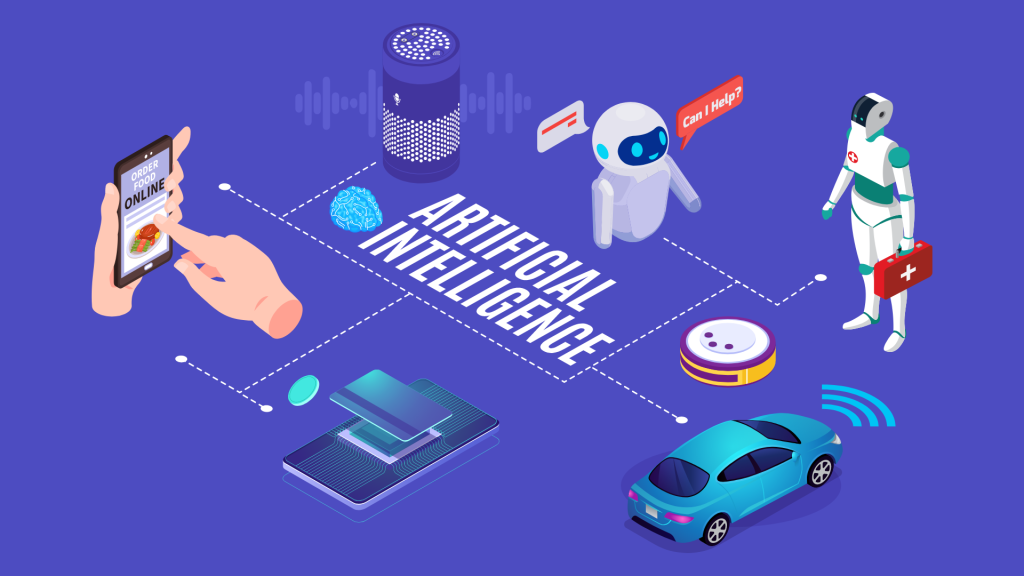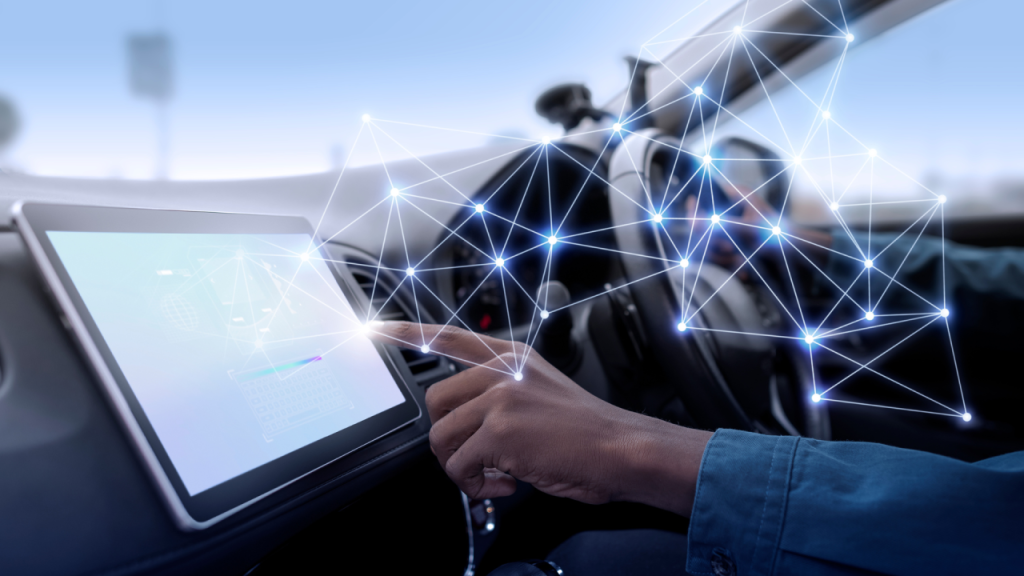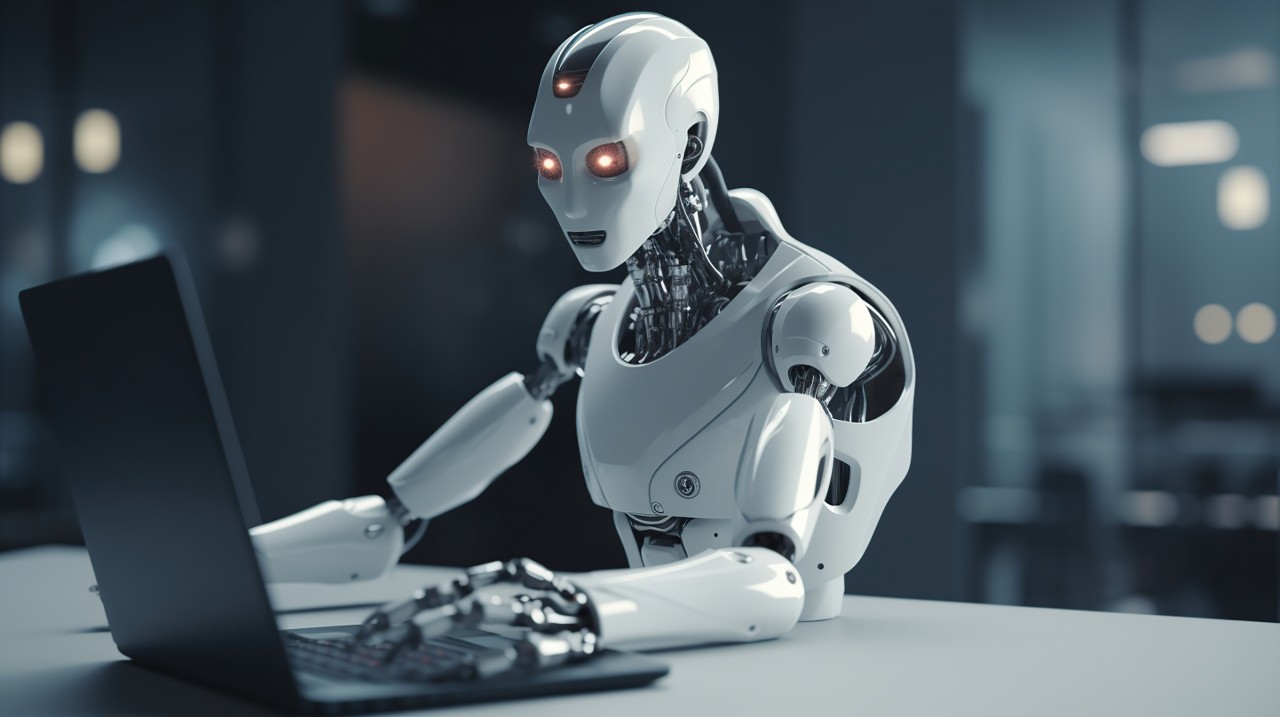Artificial Intelligence (AI) is transforming the world at an unprecedented pace. From smart assistants in our phones to self-driving cars, AI is no longer a futuristic concept but a present reality. As technology continues to evolve, AI will play an even greater role in our lives, impacting industries, work environments, healthcare, and even our daily routines. This article explores how AI will shape our future and what it means for society.
AI in Everyday Life

AI is already embedded in many aspects of our daily lives, and its presence is only expected to grow. Virtual assistants like Siri, Alexa, and Google Assistant help us manage tasks, while AI-powered recommendation systems personalize our experiences on streaming platforms and e-commerce sites. In the future, AI will further integrate into smart homes, making them more energy-efficient, secure, and convenient.
AI in the Workplace
Automation and AI-driven decision-making are revolutionizing industries. Routine tasks in sectors like finance, customer service, and logistics are increasingly being handled by AI, allowing human workers to focus on more complex and creative responsibilities. While some fear job displacement due to automation, new opportunities in AI development, maintenance, and oversight will also emerge, requiring a shift in workforce skills and education.
AI in Healthcare
The healthcare industry is one of the biggest beneficiaries of AI advancements. AI-powered diagnostic tools can analyze medical images with greater accuracy than human doctors, helping detect diseases like cancer at early stages. Robotics and AI-driven surgeries enhance precision, reducing risks and recovery times. Personalized medicine, where AI analyzes a patient’s genetic makeup to recommend tailored treatments, is also becoming a reality.
AI in Transportation

Self-driving cars are set to revolutionize transportation by reducing accidents caused by human error and optimizing traffic flow. AI-powered public transport systems can improve efficiency and reduce congestion in urban areas. Drone deliveries and AI-driven logistics will further enhance supply chain management, making goods more accessible and affordable.
Ethical and Social Considerations
Despite its benefits, AI raises significant ethical and social concerns. Issues like bias in AI algorithms, data privacy, and job displacement must be addressed to ensure AI serves humanity fairly. Policymakers and tech leaders must work together to create regulations that promote responsible AI development while mitigating risks.
The Road Ahead
The future of AI is bright and full of possibilities. As AI continues to evolve, its impact on our lives will grow, offering new opportunities and challenges. Embracing AI responsibly and ensuring ethical considerations remain at the forefront will be key to harnessing its full potential. With the right approach, AI can drive progress, improve quality of life, and create a smarter, more efficient world for future generations.
Conclusion
AI is not just a technological advancement; it is a paradigm shift that will redefine how we live, work, and interact. As we step into an AI-driven future, adapting to these changes and ensuring that AI serves humanity positively will be crucial. By leveraging AI responsibly, we can unlock its vast potential and pave the way for a more innovative and prosperous society.

